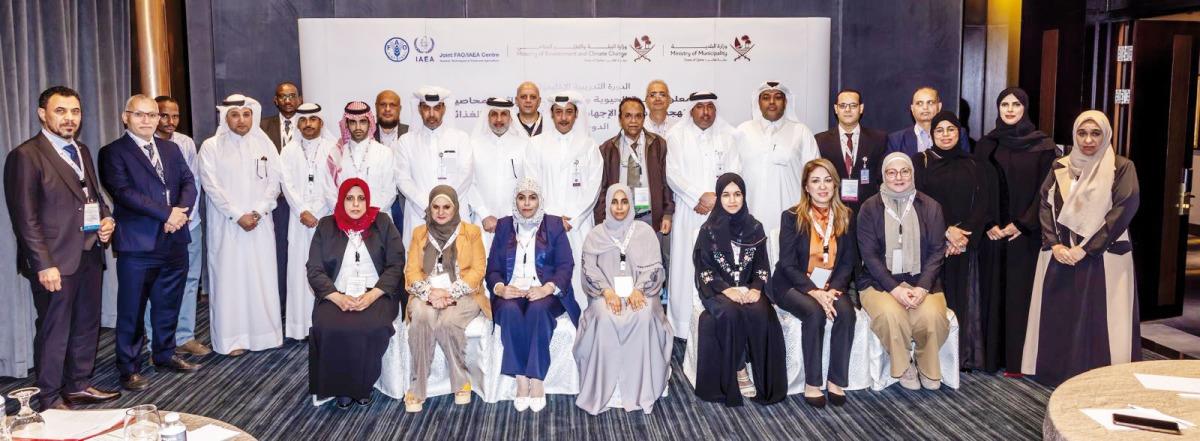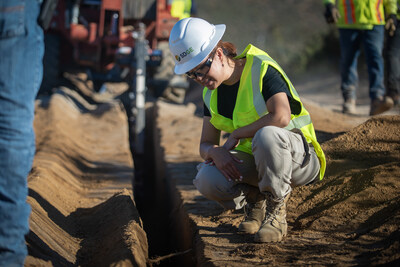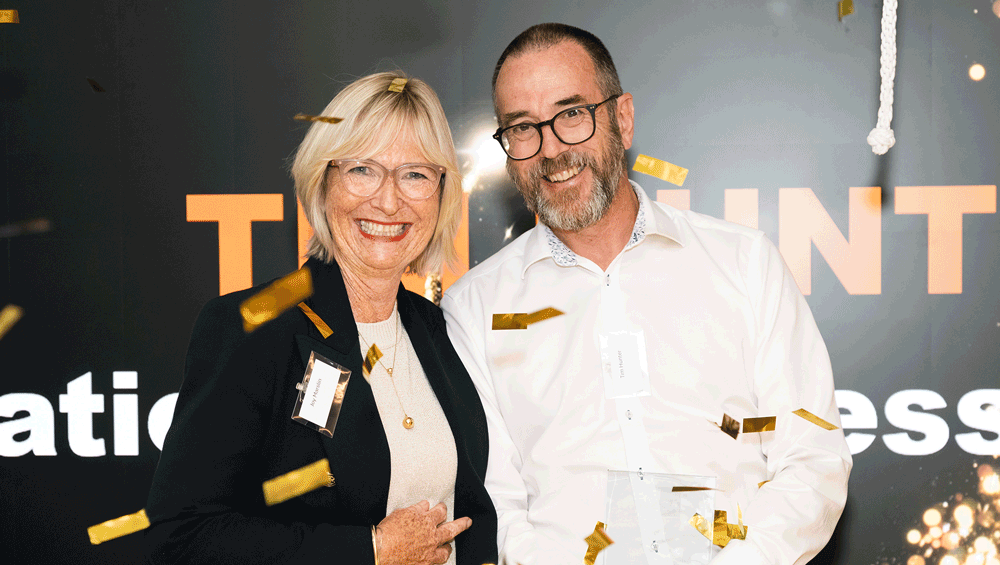
( MENAFN - The Peninsula) QNA Doha, Qatar: The Ministry of Municipality is conducting a regional training course titled“Bioinformatics and Genetic Improvement of crops and Methodologies for Screening to Achieve Food Security,” held from October 20 to 31. Organised in collaboration with the International Atomic energy Agency (IAEA) and the Ministry of Environment and Climate Change, the course includes participants from Qatar, Gulf states, Jordan, Lebanon, Syria, Iraq, and Yemen. The training covers essential topics, including an introduction to crop genetic improvement, traditional and mutation-based breeding techniques, molecular approaches to biological stress resistance, advanced screening methodologies, and future prospects for genetic enhancement.
Director of the Agricultural Research Department at the Ministry of Municipality, Hamad Saket Al Shammari, emphasized the significance of peaceful atomic energy applications in agriculture, highlighting its critical role in addressing global food needs and fostering self-sufficiency in food production. He added that mutation breeding and genetic engineering techniques help improve plant traits to better adapt to local environments, enhancing productivity. Al Shammari also pointed out the agricultural challenges specific to the Arab region, such as water scarcity and harsh desert climates, noting the potential of nuclear technology to support the development of drought-resistant and climate-resilient crop varieties, thus strengthening local and global food security.
He stressed that this course aligns with Qatar National Vision 2030, which seeks to diversify income sources, achieve self-sufficiency, and ensure food security. Al Shammari commended the IAEA for providing technical support and expertise to ongoing research projects in the region, including the RAS5099 regional cooperation project focused on enhancing crop species and agricultural technologies. He further emphasized that nuclear technologies in agriculture align with environmental sustainability goals by minimizing pesticide use and optimizing water consumption, helping to protect natural resources for future generations.
According to Al Shammari, the main objective of this course is to equip experts, researchers, and technicians with the skills needed to harness bioinformatics and crop genetic improvement, significantly advancing the agricultural sector in the Arab region in line with the UN Sustainable Development Goals (SDGs). Assistant National Liaison Officer, Abdulrahman Al AbdulJabbar echoed the importance of nuclear applications in agriculture, noting their impact on boosting agricultural productivity, enhancing crop quality, and achieving environmental sustainability. MENAFN27102024000063011010ID1108821486 Legal Disclaimer: MENAFN provides the information “as is” without warranty of any kind.
We do not accept any responsibility or liability for the accuracy, content, images, videos, licenses, completeness, legality, or reliability of the information contained in this article. If you have any complaints or copyright issues related to this article, kindly contact the provider above..













